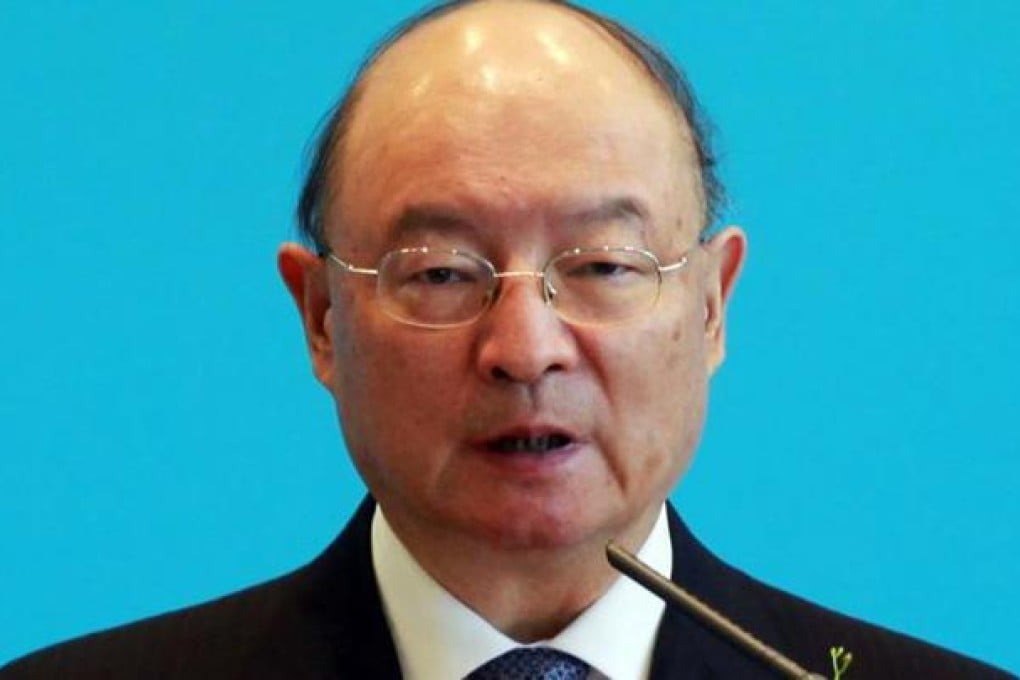Exposé reveals ascent to riches by 'Immortals' heirs
Study shows how descendants of eight party founding fathers are multibillion-dollar players at the forefront of country's 'red aristocracy'

An exposé yesterday of the huge business interests and personal assets of the descendants of eight dead Communist Party veterans offers a detailed look at one part of China's elite and how its members benefited from the country's economic boom.
But government curbs on news websites ensured the reports did not spark online discussions on the mainland.
The Eight Immortals - Deng Xiaoping, Chen Yun, Yang Shangkun, Wang Zhen, Bo Yibo, Li Xiannian, Peng Zhen and Song Renqiong - were founding fathers of Communist China who later orchestrated its opening up to the world in 1978.
In the 1980s, their descendants were chosen to run the new state-owned conglomerates. In the 1990s, they tapped into real estate and the mainland's growing hunger for coal and steel.
Today they are players in private equity amid China's integration into the global economy.

